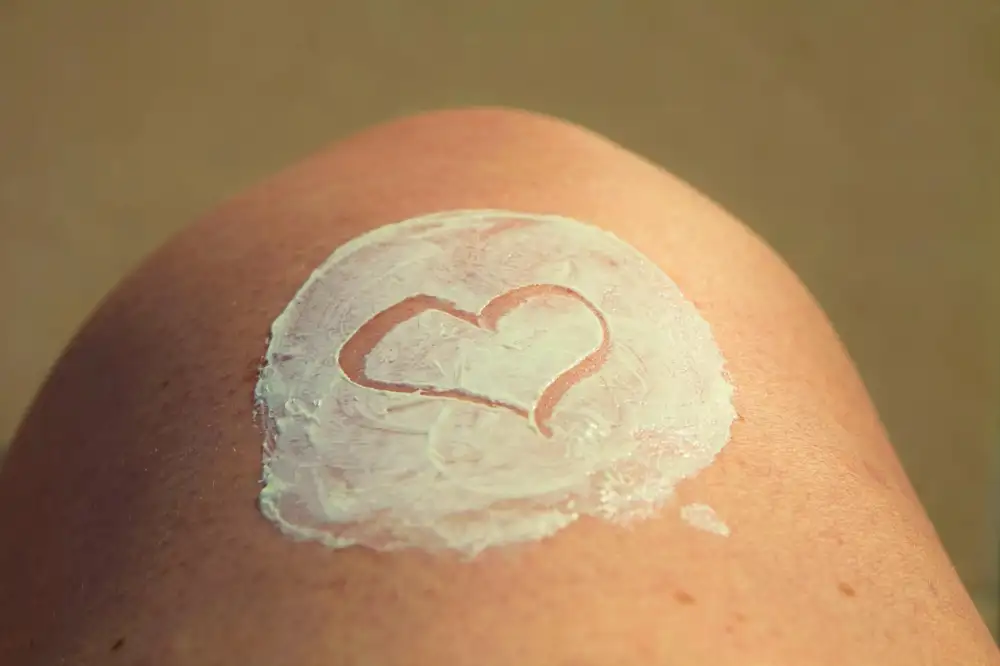Ultimate Protection: Lifeguard-Approved Sunscreen for Maximum Defense

Importance of Sunscreen for Lifeguards
Lifeguards spend extended periods under the sun, making them highly susceptible to harmful UV rays. Prolonged exposure can lead to skin damage, premature aging, and an increased risk of skin cancer. Sunscreen acts as a protective barrier, reducing the impact of UV radiation on the skin. It is crucial for lifeguards to apply sunscreen regularly to safeguard their health and well-being while on duty.
Factors to Consider When Choosing Sunscreen
When choosing sunscreen, lifeguards should consider several factors to ensure maximum protection. Look for a broad-spectrum sunscreen that protects against both UVA and UVB rays. Opt for a minimum SPF of 30, but higher SPFs offer better defense. Water-resistant formulas are essential for lifeguards who are constantly in and out of the water. Consider your skin type and any sensitivities you may have to certain ingredients. Additionally, choose a sunscreen that is easy to apply and comfortable to wear for long periods under the sun.
Recommended SPF Levels for Lifeguards
Lifeguards spend prolonged hours under the sun, making them more susceptible to harmful UV rays. It is crucial for lifeguards to use sunscreen with a high Sun Protection Factor (SPF) level. The American Academy of Dermatology recommends using a broad-spectrum sunscreen with an SPF of 30 or higher for adequate protection against both UVA and UVB rays. This higher SPF level helps to provide better defense against sunburn, skin damage, and potential long-term health risks associated with prolonged sun exposure.
Water-Resistant Sunscreen Options
Water-resistant sunscreen is crucial for lifeguards who spend extended periods in the water. Look for sunscreens labeled "water-resistant" or "very water-resistant," which can maintain their SPF protection for up to 40 or 80 minutes of swimming or sweating, respectively. These formulas adhere better to wet skin and provide longer-lasting protection, ensuring lifeguards stay shielded from harmful UV rays even in the water. Reapplication is still necessary after swimming or excessive sweating to maintain optimal defense against sun damage.
Application Tips for Lifeguards
As lifeguards spend extended periods in the sun, proper application of sunscreen is crucial for maximum protection. Here are some essential tips to ensure effective coverage:
1. Apply sunscreen generously at least 15 minutes before sun exposure to allow it to fully absorb into the skin.
2. Reapply every two hours or more frequently if sweating heavily or after swimming.
3. Pay special attention to commonly missed areas like ears, feet, and backs of hands.
4. Use a lip balm with SPF protection to safeguard your lips from sun damage.
5. Opt for a broad-spectrum sunscreen that protects against both UVA and UVB rays for comprehensive defense.
By following these application tips diligently, lifeguards can enhance their sun protection regimen and minimize the risks associated with prolonged sun exposure.
Potential Risks of Sun Exposure Without Proper Protection
Excessive sun exposure without proper protection can lead to serious health risks for lifeguards. Prolonged exposure to harmful UV rays increases the risk of skin cancer, including melanoma, the deadliest form of skin cancer. Lifeguards are particularly vulnerable due to their extended hours in the sun. Additionally, sunburns can cause pain, discomfort, and increase the risk of premature aging of the skin. It is crucial for lifeguards to prioritize sunscreen use to mitigate these risks and protect their long-term health.
In conclusion, sunscreen is a crucial element in the health practices of lifeguards. With their prolonged exposure to the sun's harmful UV rays, lifeguards are at a higher risk of developing skin damage and even skin cancer. By consistently applying water-resistant sunscreen with a high SPF level, lifeguards can significantly reduce these risks and protect their skin from irreversible harm. It is imperative that lifeguards make sunscreen application a non-negotiable part of their daily routine to ensure maximum defense against sun-related health issues.
Published: 15. 04. 2024
Category: Health



